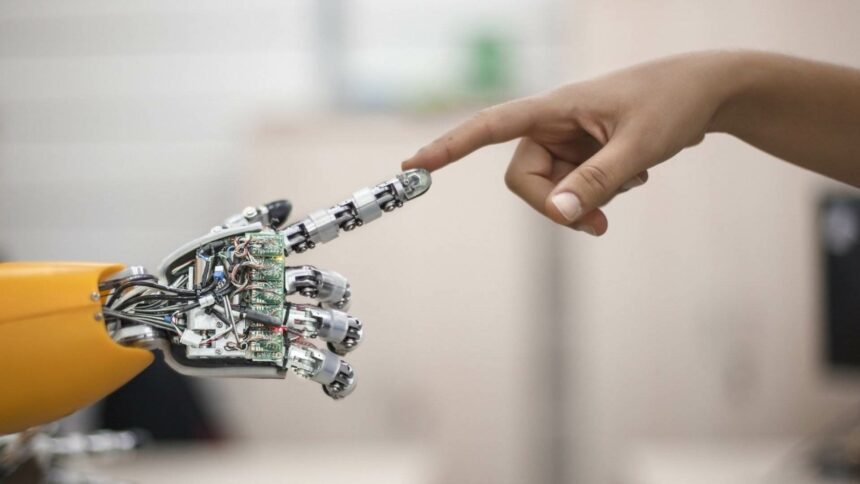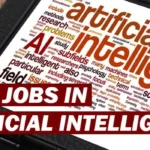The rapid development of artificial intelligence (AI) is causing concern among policymakers and workers alike. As technology advances, machines are capable of taking on more and more tasks than humans previously performed. Some experts warn that AI could be a Threat to Jobs, while others argue that it will create new, higher-paying jobs. In this article, we explore the potential impact of AI on the job market and the challenges it poses for policymakers.
The Rise of AI and the Threat to Jobs:
The development of AI is not a new phenomenon. Researchers have been working on creating machines that can think and learn like humans for decades. However, recent advances in machine learning and robotics have brought technology to a new level of sophistication.
Machines can now perform tasks previously thought to require human intelligence, such as driving cars, diagnosing diseases, and writing news articles.
While some experts argue that AI will create new jobs and increase productivity, others warn that it will lead to mass unemployment. They point to the fact that machines are capable of taking on tasks previously performed by white-collar workers, such as lawyers, accountants, and financial analysts. In addition, they argue that AI will create a “winner-takes-all” economy, in which a small group of owners of the new machines will reap the benefits while the rest of society will suffer.
Challenges for Policymakers
The rise of AI presents significant challenges for policymakers. They must find ways to address the potential job losses and the resulting social and economic dislocation. One solution is to invest more in education and training so that workers have the skills to make a decent living. Policymakers could also explore ways to spread the new technology’s gains, such as a universal basic income.
However, policymakers must act with care as well as speed. The development of AI represents a form of “creative destruction,” in which new ones replace old jobs. This process has occurred throughout history and has led to significant social and economic upheaval. Policymakers must find ways to manage the transition to a new economy to benefit the many, not just a few.
More About AI:
- Google and Microsoft’s exploration of AI-based chatbots
- Google is leveraging human insights to improve its artificial intelligence technologies
- The Future impact of Artificial Intelligence That Will Transform Our World
- Is Artificial Intelligence Heading Towards a Dangerous Future with Synthetic Data?









